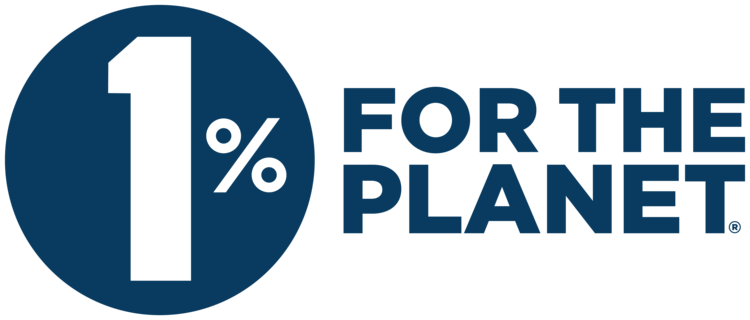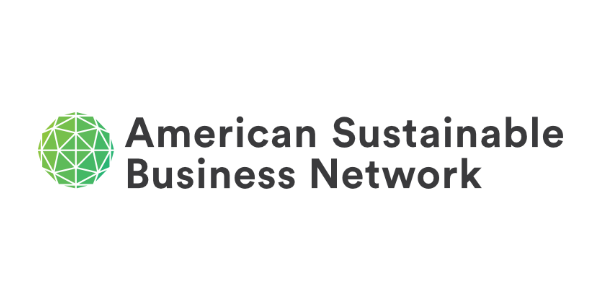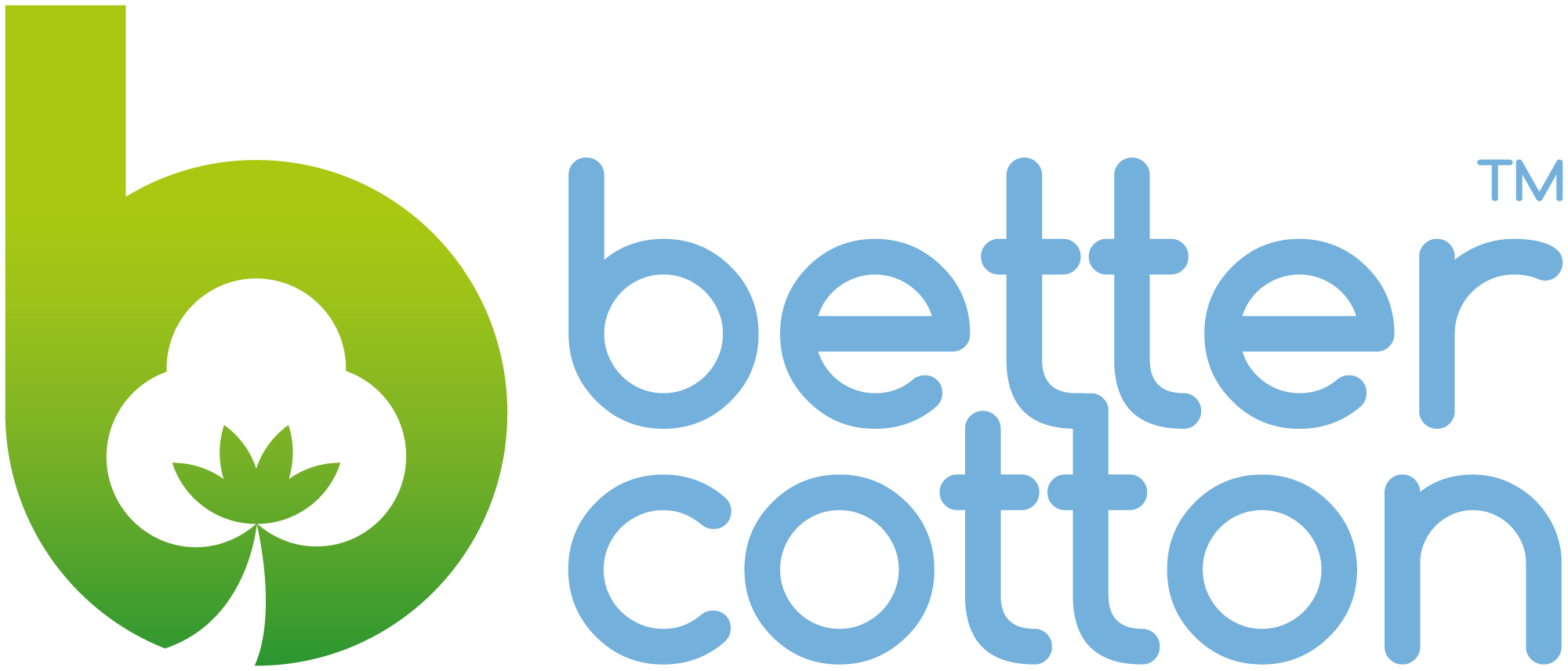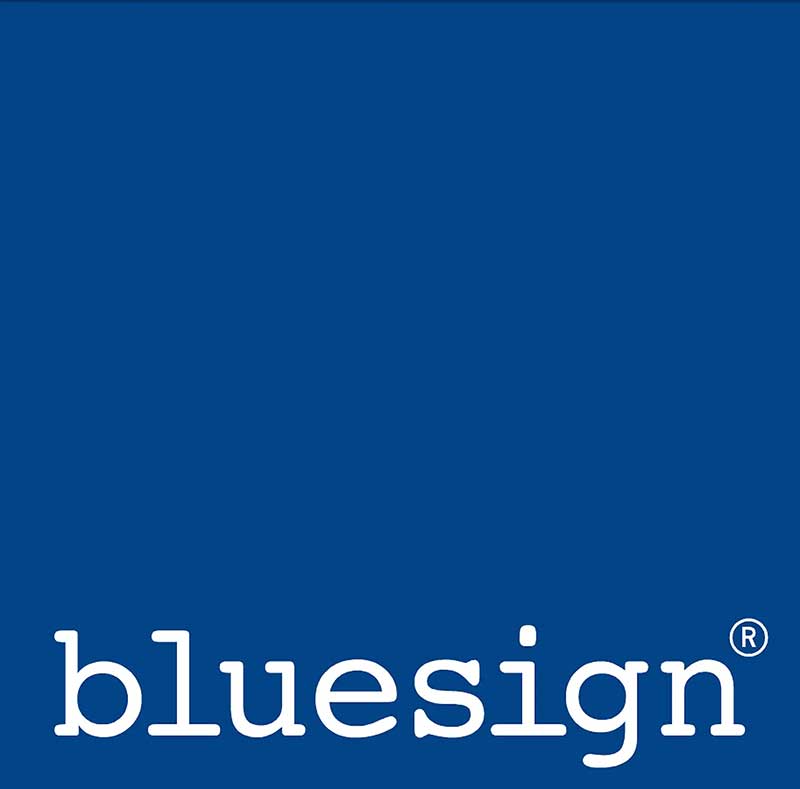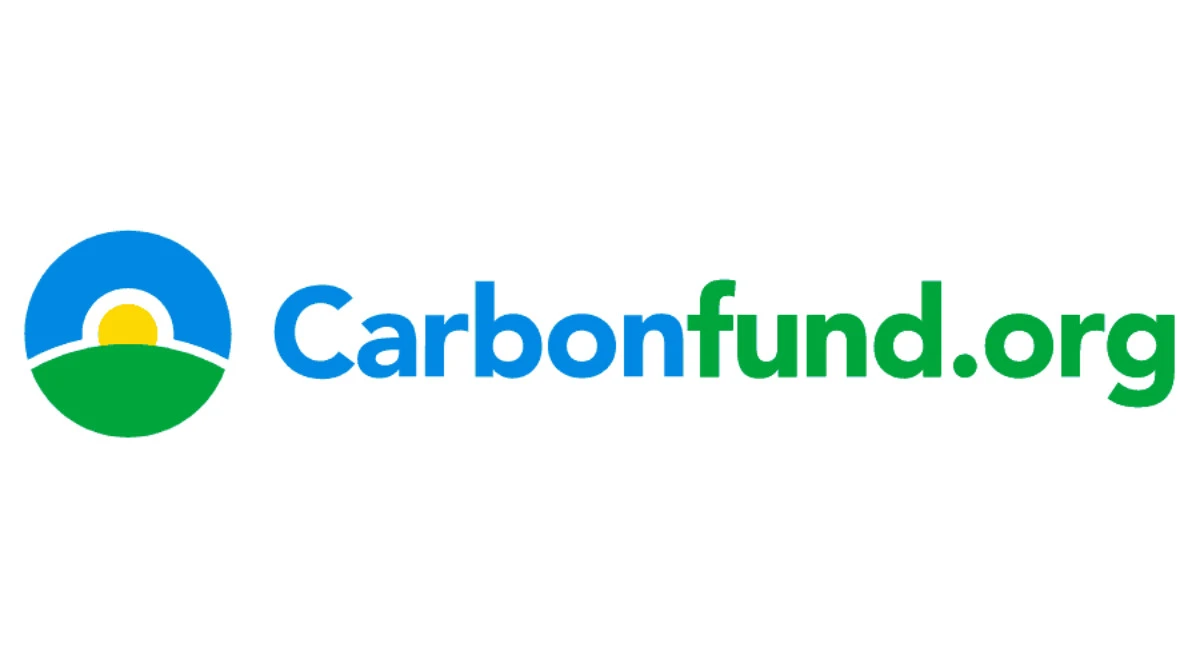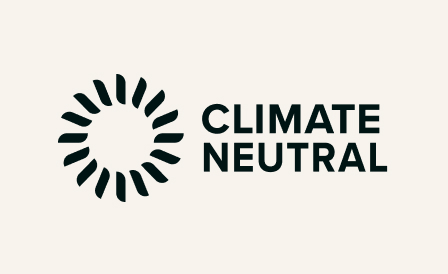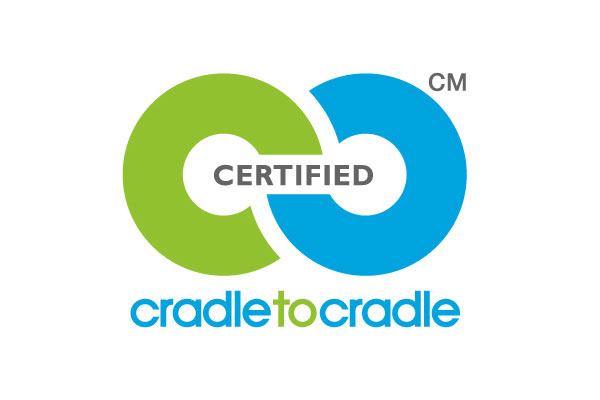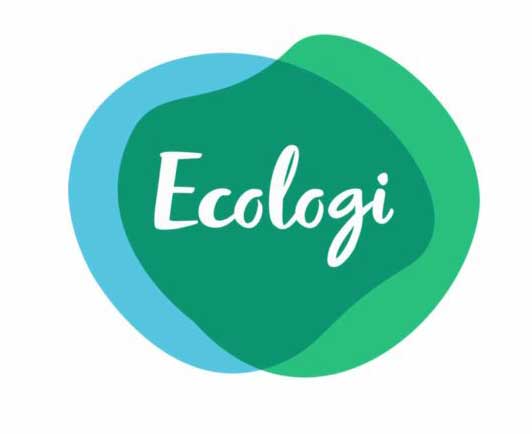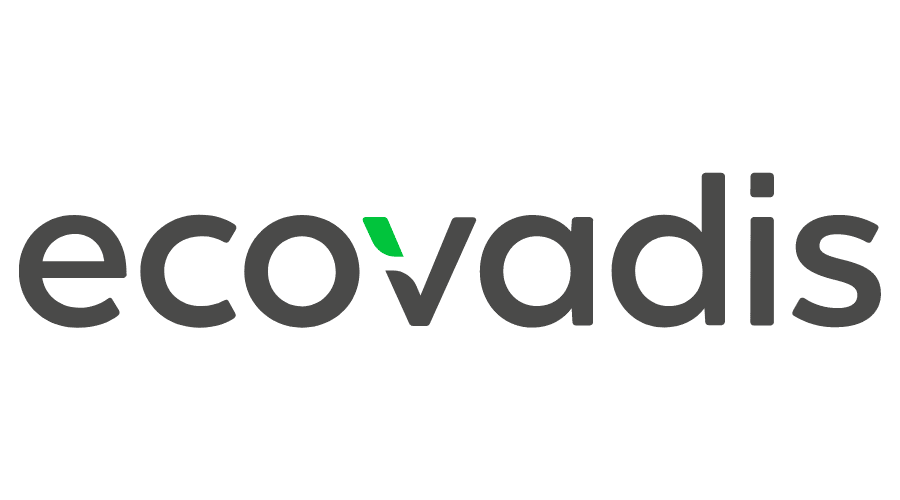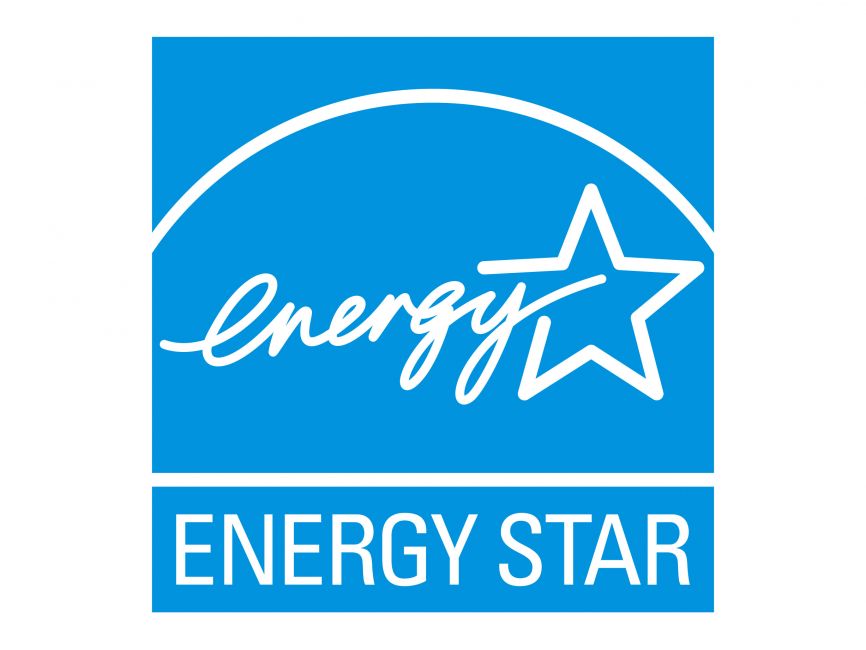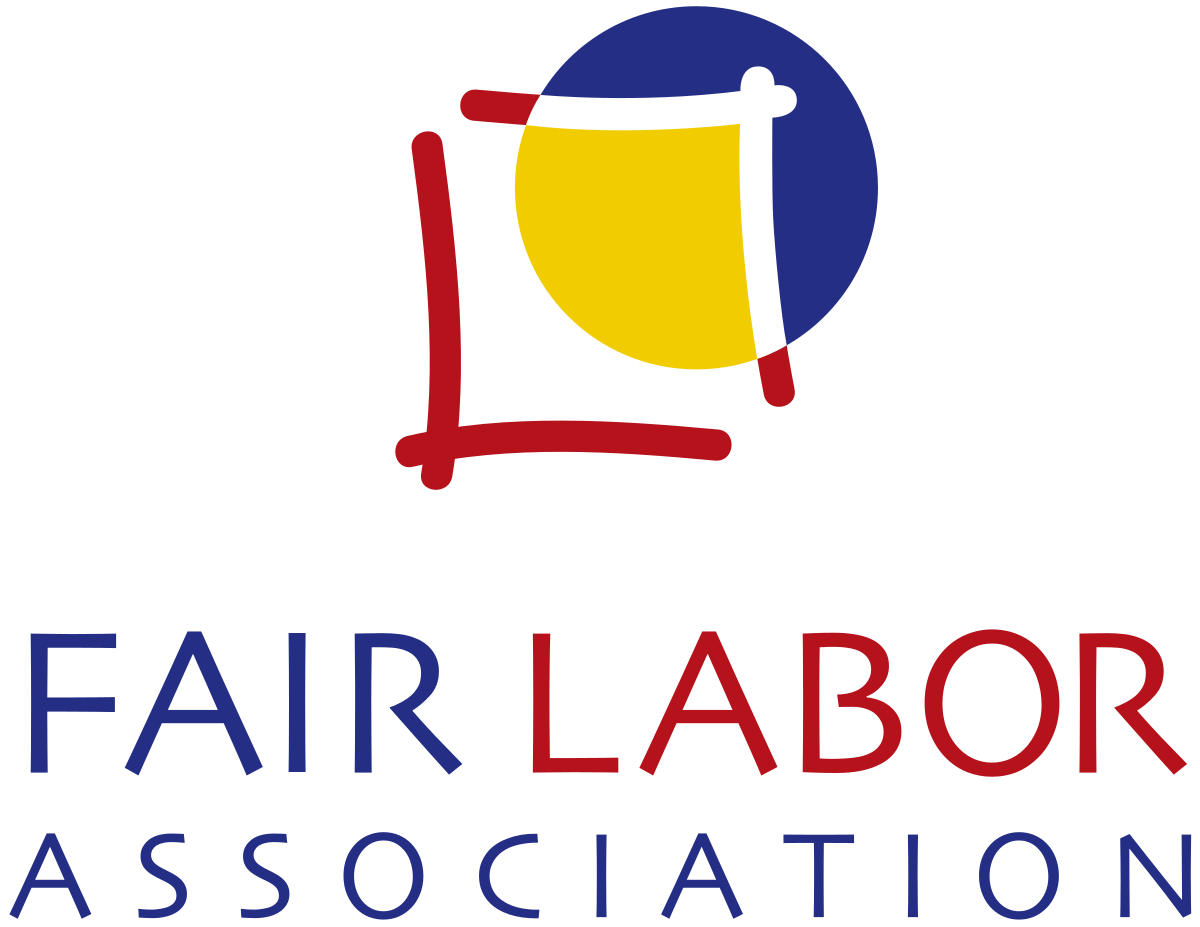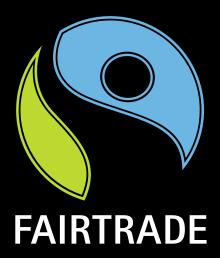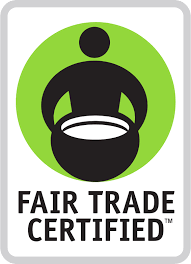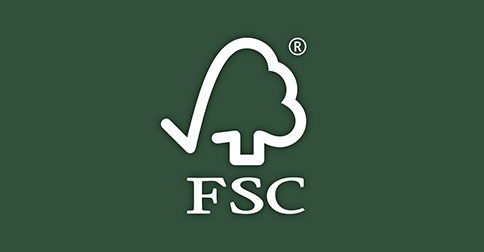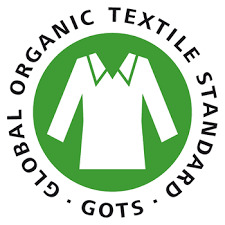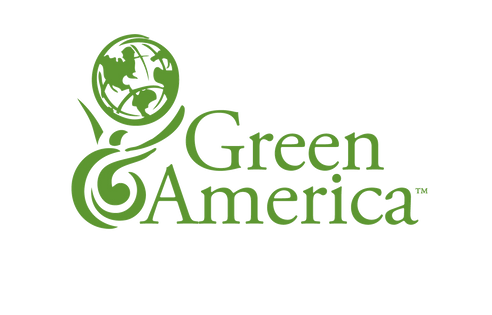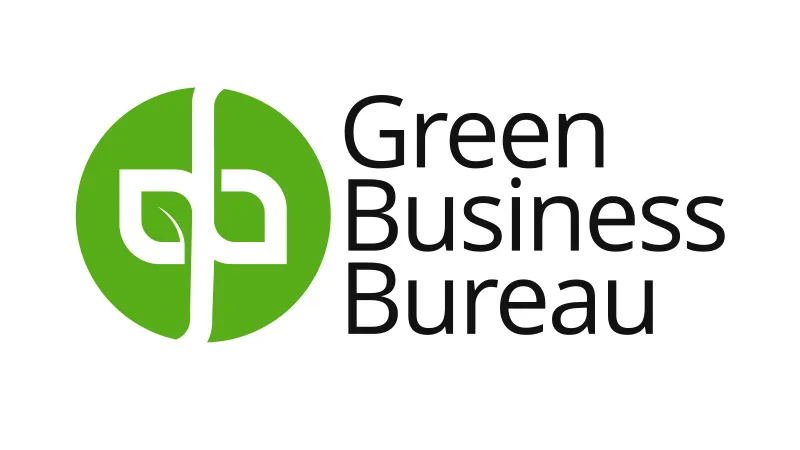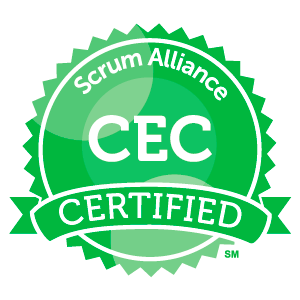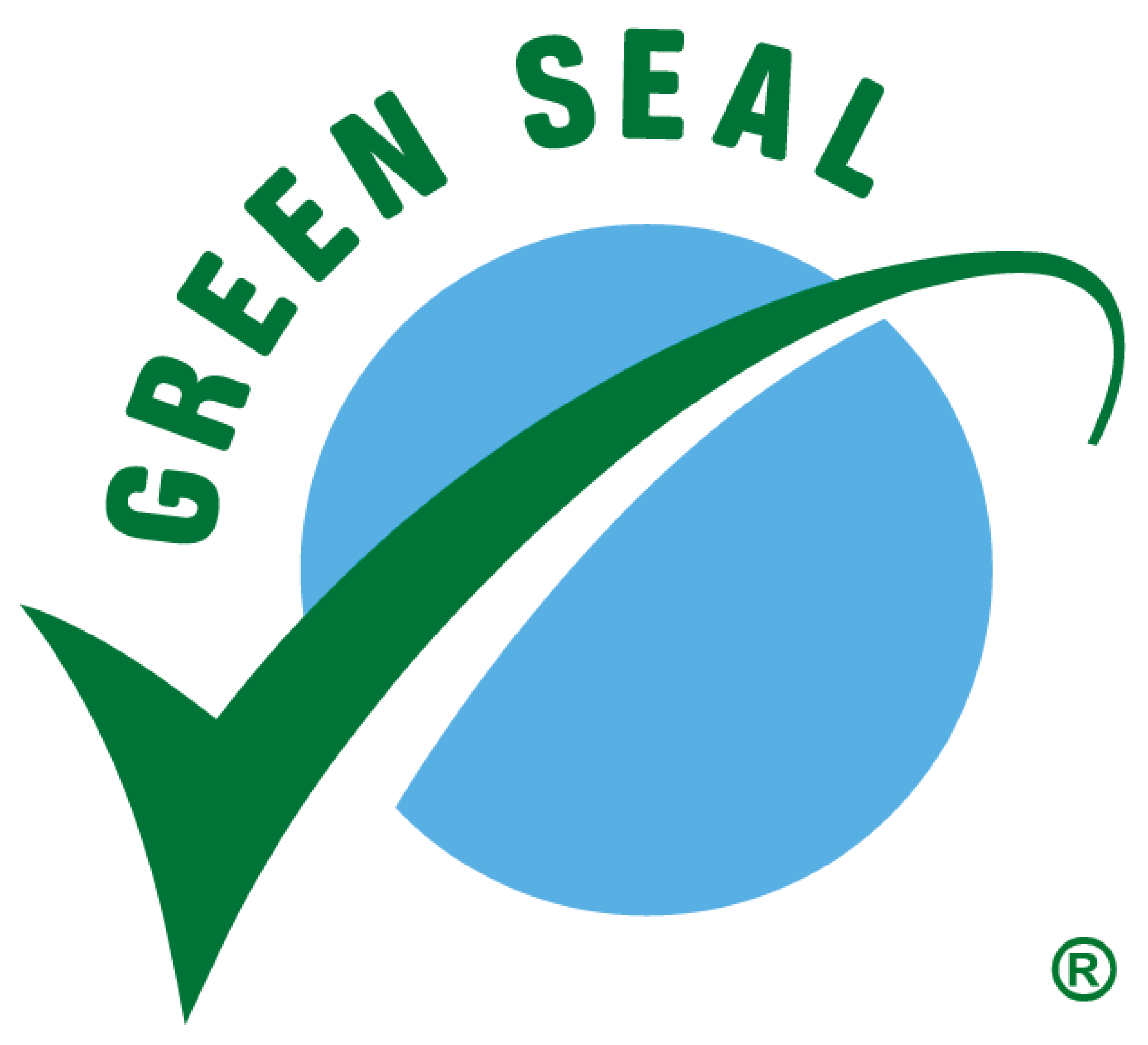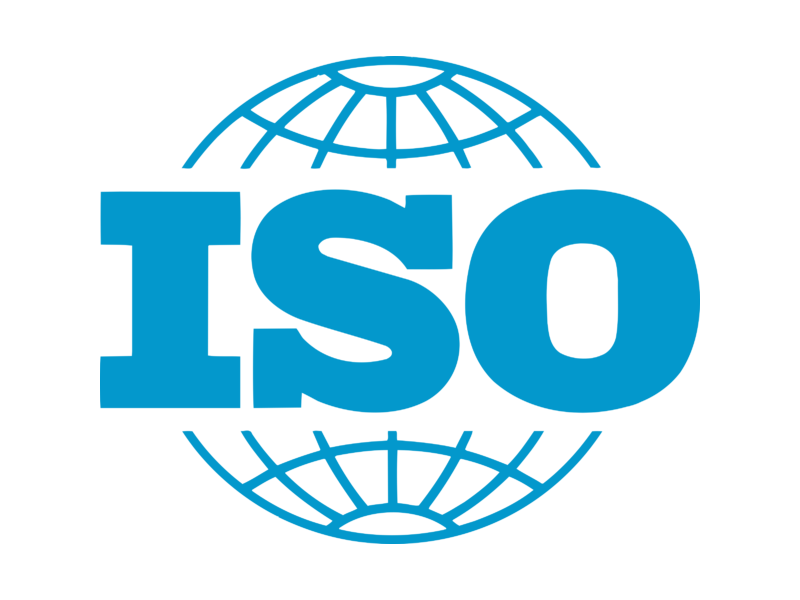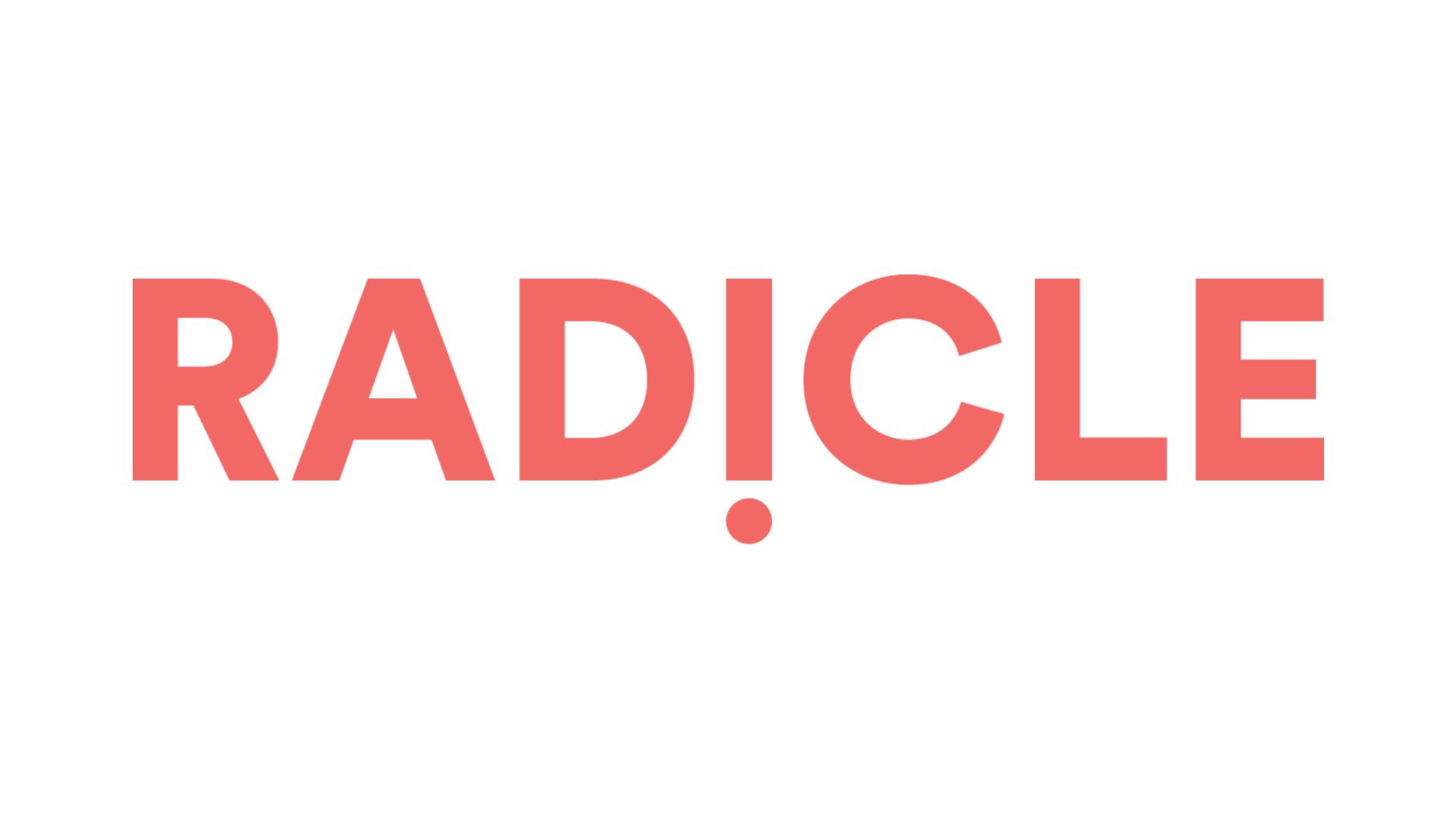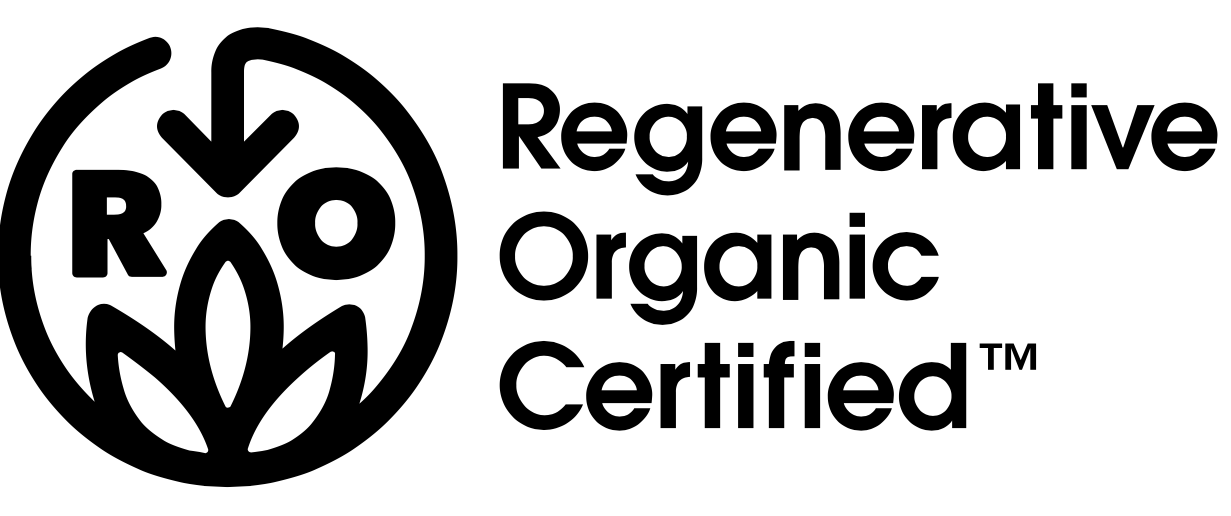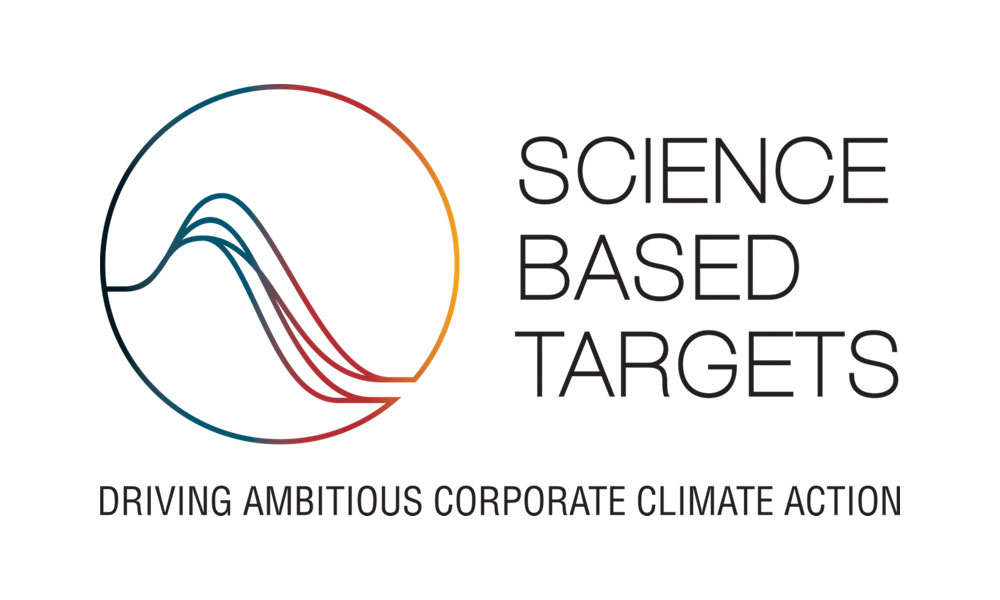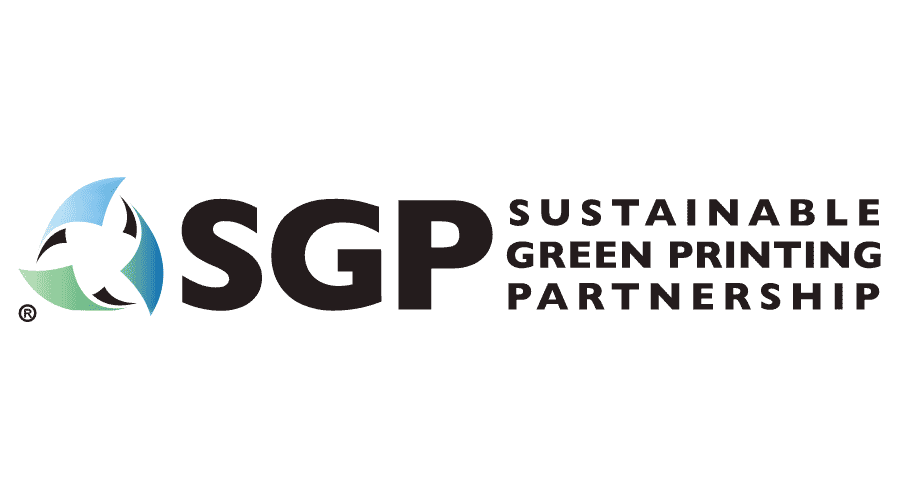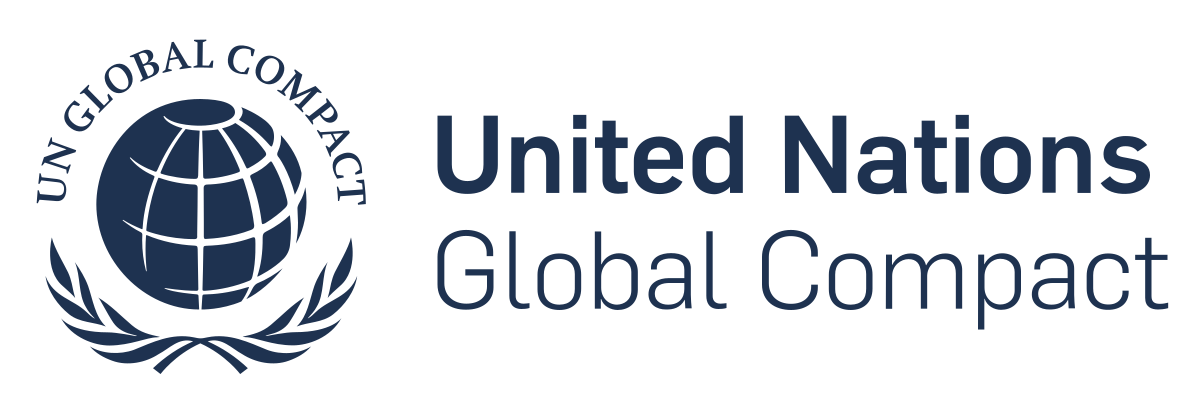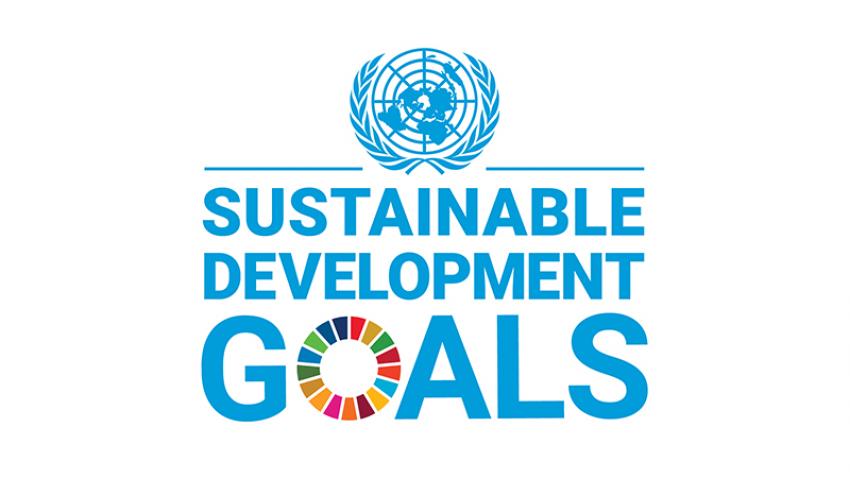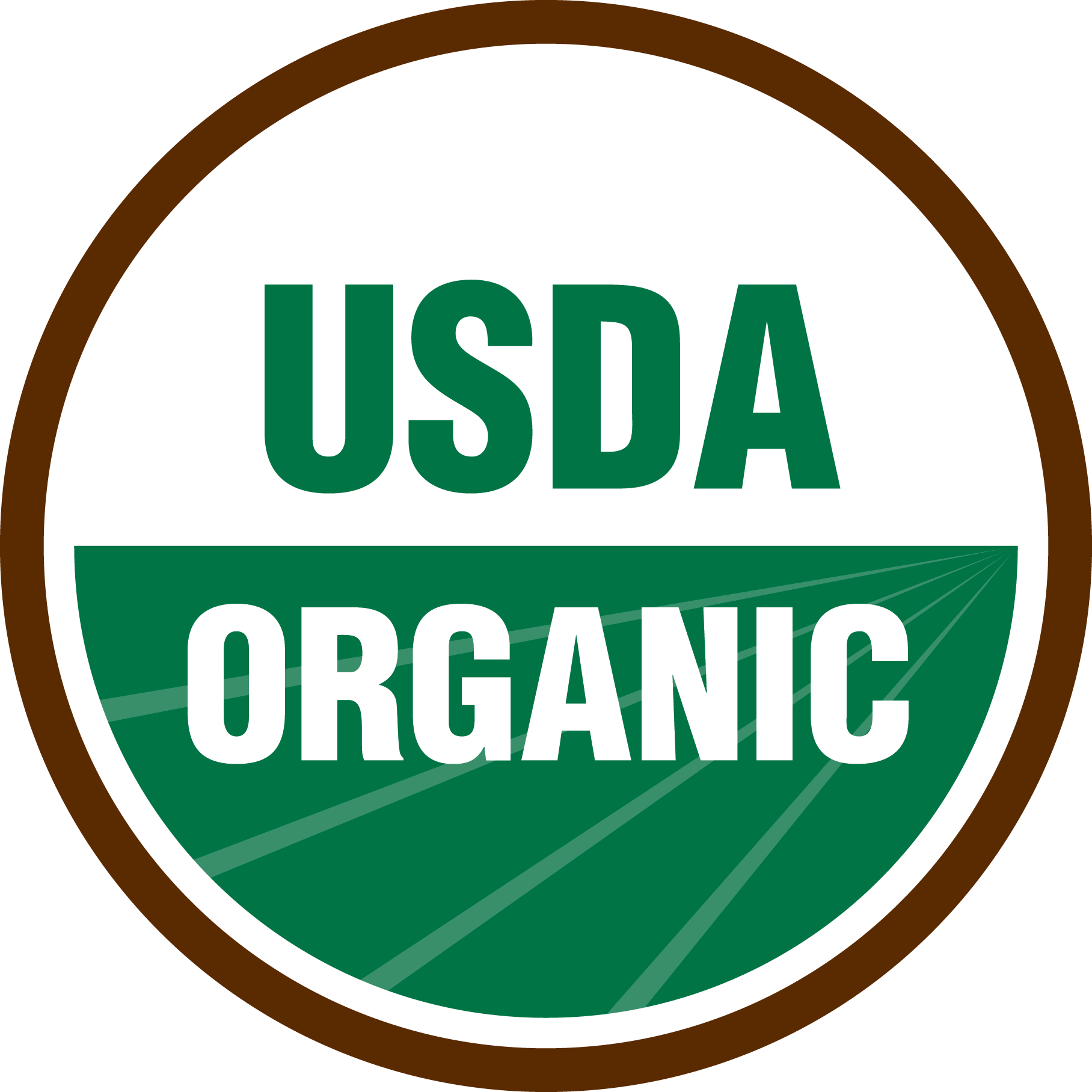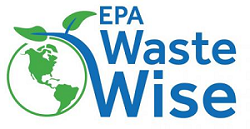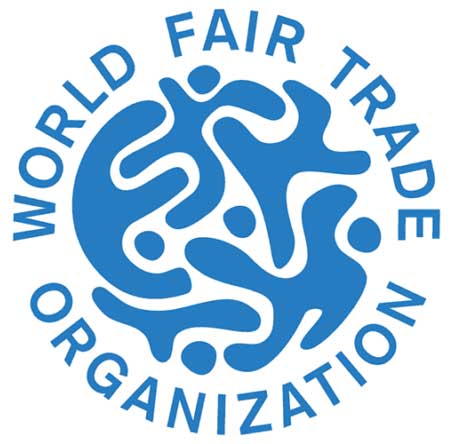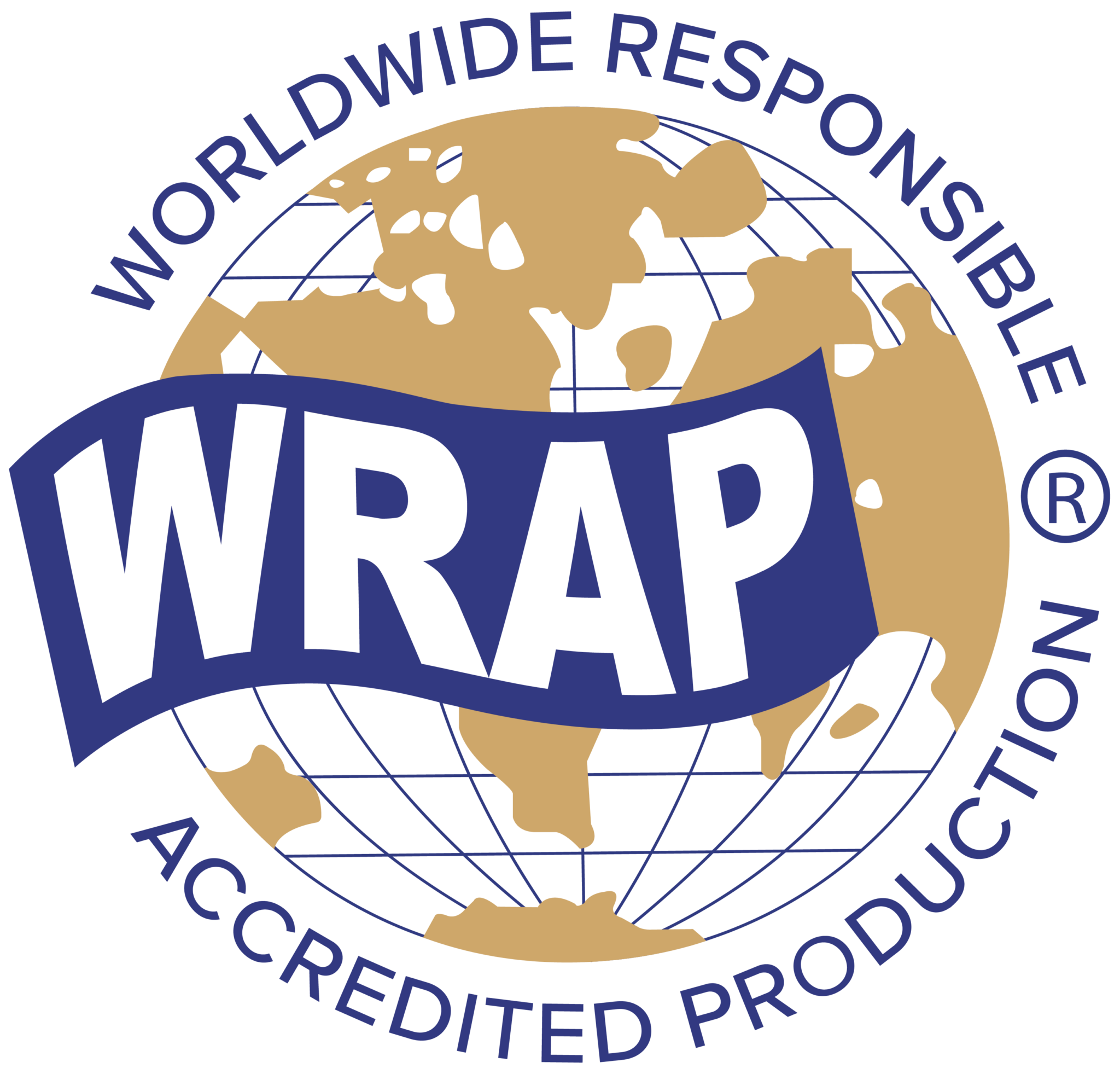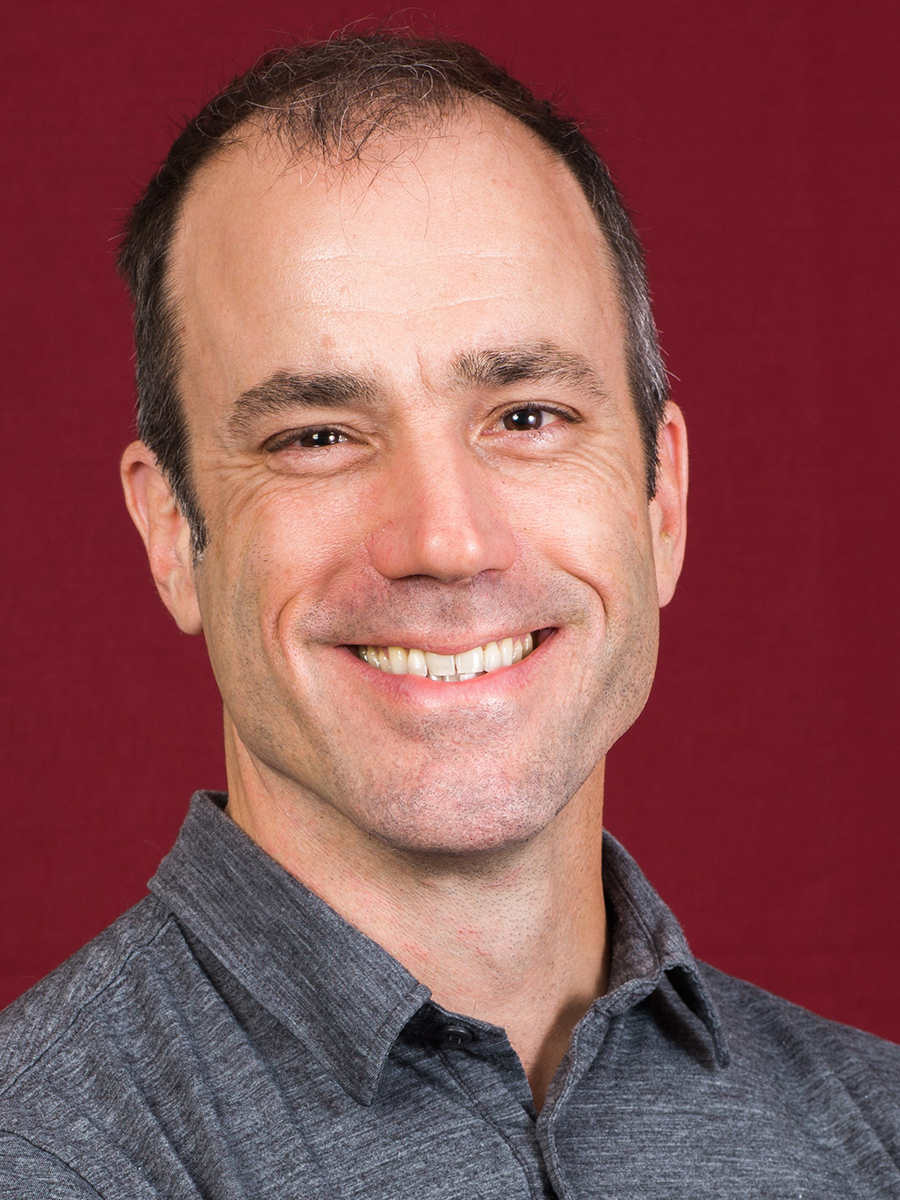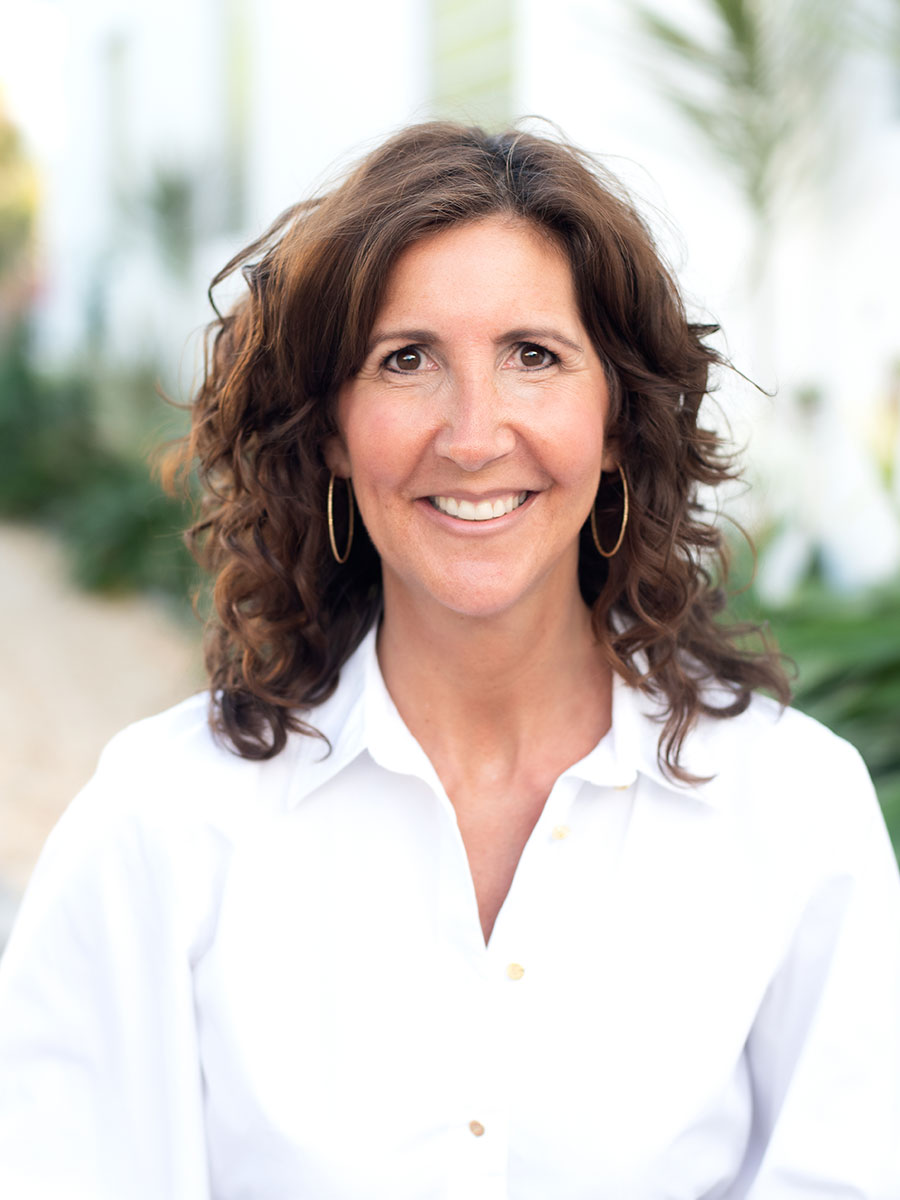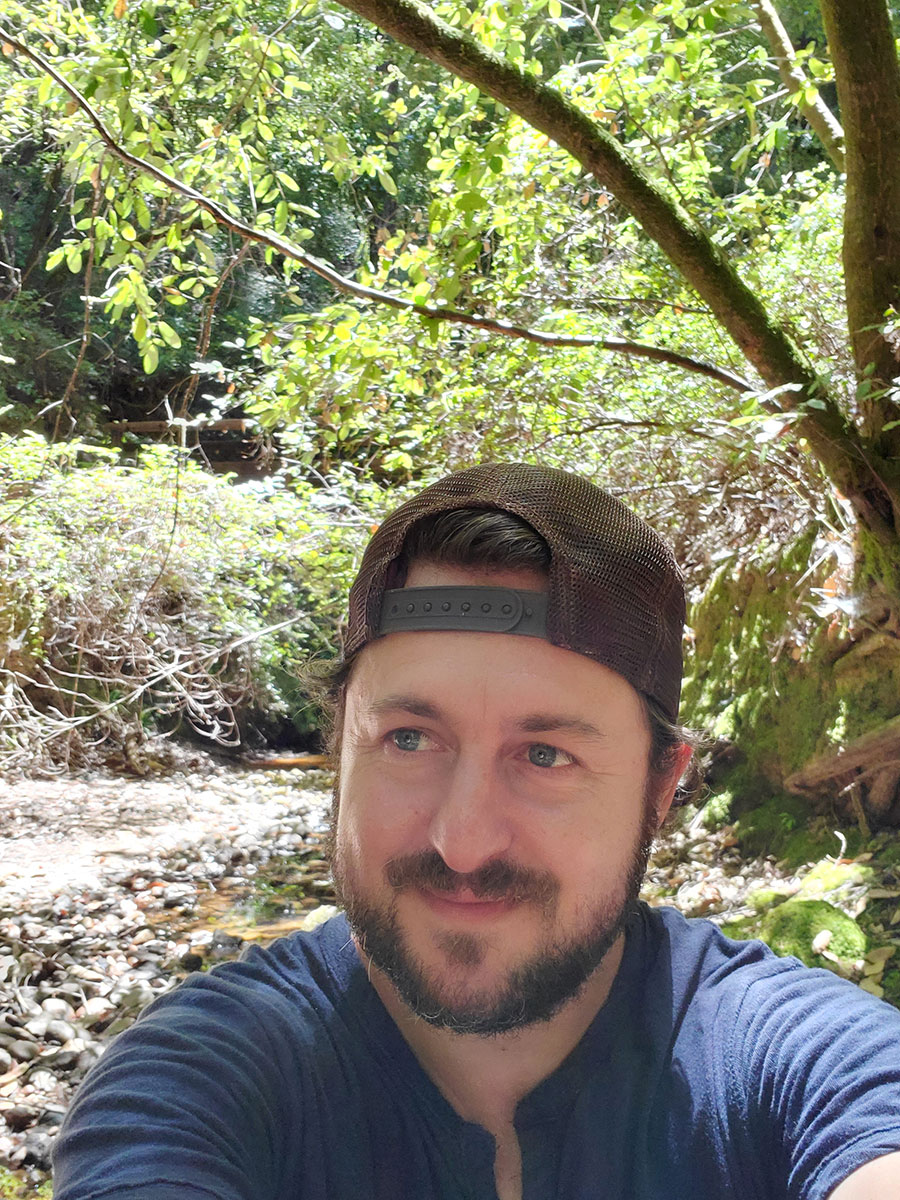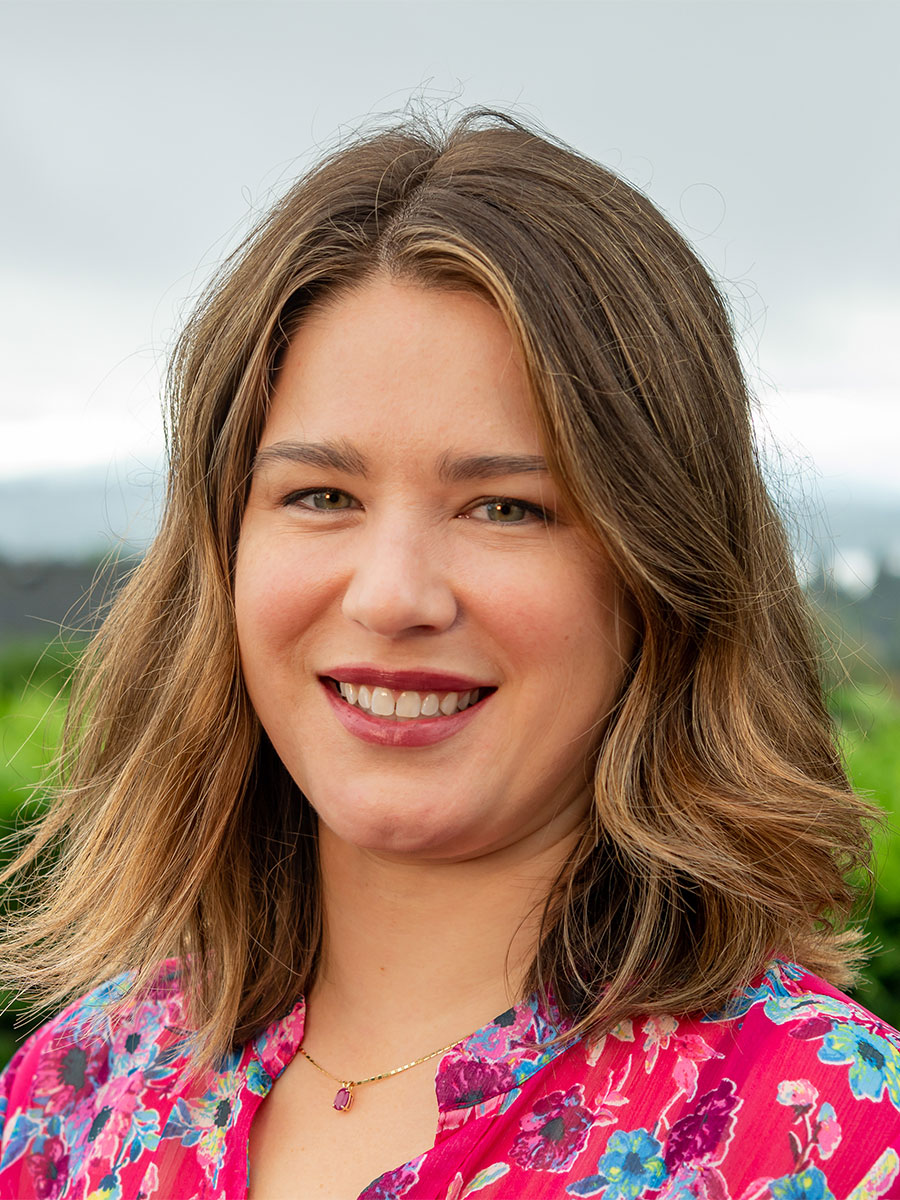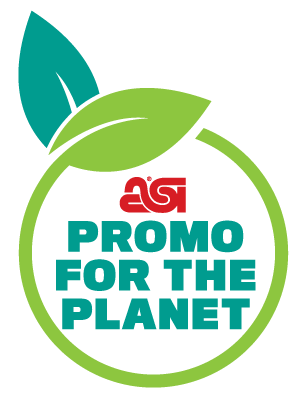
ASI Promo for the Planet
Your destination for the latest news, biggest trends and best ideas to help build a more sustainable and socially-responsible industry.

News
Report: Better Cotton Linked to Deforestation, Human Rights Violations in Brazil
Earthsight, an investigative nonprofit, released a report linking fast-fashion brands H&M and Zara to “dirty Brazilian cotton” – noting that the co...

News
Facing Legal Challenges, SEC Pumps Brakes on Climate-Risk Rule
The agency last week issued a temporary stay on its rule requiring large companies to report various climate-related risks.

Strategy
Party Like It’s 3099 With Sustainable Promo
Suppliers and distributors weigh in on eco-friendly party solutions for everything from corporate events to personal celebrations.
Sustainability From A to Z
Ever wonder what “carbon neutral” really means? Or what makes a shirt organic? And what’s the difference between compostable and recyclable, anyway? The more you delve into the realm of sustainability, the more terms there are to learn. Use this glossary to get quick definitions of some of the more common concepts and materials in the industry.
Alternative energy
Sustainable energy sources that do not deplete natural resources or harm the environment. Alternative sources of energy such as solar, wind, tide, waves, rain and geothermal heat are renewable and naturally replenished. There are many companies dedicated to making alternative energy sources more accessible, as listed in this article from Treehugger, that help other businesses and residents become more sustainable.
Biodegradable
Items, like paper or food waste, that will eventually break down into their basic components and return to the earth. “In terms of environmental benefits, the best biodegradable material will break down quickly rather than taking years. It leaves nothing harmful behind and saves landfill space,” according to The Balance Small Business. Be aware that not everything marketed as biodegradable meets these standards.
Carbon footprint
The total amount of greenhouse gas emissions (such as carbon dioxide and methane) from the production, use and disposal of a particular product or service. According to the Nature Conservancy – which features a carbon footprint calculator on its site – the average American has a carbon footprint of 16 tons, one of the highest in the world.
Carbon neutral
You’ve probably seen big brands announce their “carbon neutral” goals. Netflix, for example, plans to achieve “net zero” greenhouse gas emissions by the end of 2022. Google says it achieved this goal in 2007. Facebook and Apple have set a date of 2030; Amazon is aiming for 2040 and Coca-Cola for 2050. When a person or company becomes carbon neutral, that means their output of greenhouse gases has a net neutral effect on the environment, often because they’ve offset it through various means.
Carbon offset
Businesses, governments and even individuals can pay someone else to cut greenhouse gases from the atmosphere, whether by investing in solar or wind energy, planting trees, restoring rainforests or some other means. The buyers then get the “credit” for that reduction, helping to zero out their own emissions. The practice is not without controversy, but has grown into a multibillion-dollar industry. Vox has a good explainer with details on how carbon offsets work.
Carbon sink
This can be anything, natural and unnatural, that absorbs and accumulates carbon dioxide, removing it from the atmosphere. Forests, soil and oceans are considered the world’s largest carbon sinks. Recent human activity has led more carbon dioxide to be released into the atmosphere, presenting more carbon than these carbon sinks are able to hold. This has posed a problem for the balance of the carbon cycle, illustrating the importance of lowering carbon emissions.
Chain of custody
How a product is traced through a supply chain to determine whether it meets environmental criteria of a certification or ecolabel.
Circular economy
The traditional economic model is to take, make and waste – a linear progression. Those in sustainability spheres aspire to a more circular model, based on three principals and driven by design: eliminate waste and pollution, circulate products and materials, and regenerate nature. “A circular economy decouples economic activity from the consumption of finite resources. It is a resilient system that is good for business, people and the environment,” says the Ellen MacArthur Foundation.
Climate change
Long-term shifts in temperatures and weather. Though it can occur naturally, human activity has been a main factor in climate change in modern times, particularly through the burning of fossil fuels, which produce heat-trapping gases. This simple guide from the BBC explains it in more detail.
Closed-loop system
The idea with a closed-loop system is to use the same materials over and over again in production, both to conserve natural resources and to keep items from ending up in a landfill. An apparel company that encourages consumers to mail in old shirts, which are then broken down into recycled fibers and turned into a new shirt, is one example. Patagonia’s Worn Wear program, where people send in pre-worn garments for repair and resale is another.
Compostable
A product that can decompose into nontoxic natural elements, at a rate similar to other organic materials. Compostable products should not be recycled, nor should they be thrown in the trash, since such products require special conditions to biodegrade that aren’t necessarily found in a landfill. You can take them to facilities that specialize in composting or sometimes add them to home compost piles.
Corporate Social Responsibility (CSR)
The policies and practices a business adopts to support various social and environmental improvements.
Cradle-to-cradle design
Also called circularity, this is when brands design products with their end-of-life in mind, figuring out ways from the very beginning of the product’s lifecycle how to keep them out of a landfill, whether it’s through reuse, composting or recycling.
Deforestation
The action of clearing a wide swath of trees. It decreases habitat and threatens biodiversity while contributing to other problems that include climate change, soil erosion, flooding, increased greenhouse gases in the atmosphere and more, environmental scientists say.
Ecolabel
A visual communication tool showing that a particular product, service or company meets specific environmental standards.
Environmental, Social and Governance (ESG)
Investors and others will look at metrics from these three areas to evaluate how advanced a company or other entity is with sustainability goals.
Fair trade
An arrangement to help producers in developing countries achieve equitable trade relationships. The idea is to provide sustainable living wages and safe working conditions for farmers and workers around the world.
Greenhouse effect
A process that involves the trapping of the sun’s warmth in the lower atmosphere, resulting in a warmer planet.
Greenhouse gas
Carbon dioxide, methane and other gases that let sunlight pass through the atmosphere, but prevent that heat from leaving the atmosphere.
Greenwashing
When a company makes sustainability claims for marketing purposes without actually making any real efforts to follow through. Examples include oil and gas companies touting low-carbon energy products when the vast majority of their offering is still traditional fossil fuel, or brands announcing plans to end virgin plastic use without outlining clear benchmarks or timelines for doing so. On a smaller scale, it could be a brand logo that incorporates nature-themed graphics to piggyback on positive public sentiment toward “green” products, without making changes to the products being sold. The term was coined in 1986 by environmentalist Jay Westerveld.
Natural capital
ust as corporate capital refers to all company assets, natural capital is the world’s stock of natural resources. Natural capital is critical for sustaining life and economic activity, yet it’s often disregarded and devalued. While damage to the environment and depletion of natural resources don’t have immediate financial costs, it raises global risks. This resource from Simplicable provides more information on the basic types of natural capital.
Microplastic pollution
Tiny plastic particles that result from both commercial development and the breakdown of larger plastics and cause harm to the environment. There are 24.4 trillion pieces of microplastics – equivalent to about 30 million plastic water bottles – in the world’s upper oceans, according to a recent estimate.
Organic
A type of agriculture that eschews chemical pesticides, hormones, synthetic fertilizers and other toxic materials throughout cultivation. Genetically modified (GMO) seeds are also prohibited. Organic is also a food-labeling term, showing that something was produced under the authority of the Organic Foods Production Act.
PFAS
A group of manmade perfluoroalkyl and polyfluoroalkyl substances, often referred to as “forever chemicals” because they don’t break down in the environment. There are thousands of PFAS, and they appear in a broad spectrum of products, from firefighting foam to carpets, shampoo, mascara and some grease-resistant paper. PFAS are often used in durable water-repellent (DWR) coatings on various performance fabrics to give them water- and stain-resistant properties, though brands have been developing alternatives in response to health and environmental concerns. Several states including Maine and California are taking action against the chemicals. PFAS can contaminate water sources and build up in fish and wildlife; certain substances in this family of chemicals may affect growth, development and reproduction and injure the liver, according to the Centers for Disease Control and Prevention (CDC).
Plant-based plastic
A type of bioplastic created from agricultural scraps, such as corn, sugarcane, wheat or food waste. Some bioplastics are biodegradable and compostable, but environmentalists caution that they’re not as green as they seem.
Post-consumer recycling
Reprocessing items previously used by a consumer, like cans and water bottles, into a new product.
Pre-consumer recycling
Material that’s never reached the end-user and is diverted from a landfill during the manufacturing process. An example would be when cotton scraps are gathered from the cutting-room floor and respun into yarn to make new fabric.
Recyclable
An item that is able to be recycled into a new product after use.
Reforestation
The act of replanting trees in areas that have been affected by natural disturbances like wildfires and drought as well as unnatural disturbances like logging, mining and development. Restocking forests can help to mitigate climate change.
Regenerative agriculture
A holistic approach to farming and cultivation that focuses on interconnection and the ecological system as a whole. The goal is to improve the environment by increasing things like soil fertility and biodiversity, while also improving water quality and quantity.
Social enterprise
A business that aims to make a profit while also working to change the world for the better.
Sustainability
Meeting the needs of the present without compromising the ability of future generations to do the same. It’s often broken down into three pillars: environmental, economic and social.
Triple bottom line
This breaks down a company’s performance goals into three areas: people, planet and profit. The idea is to improve performance over the long term by following more-sustainable business practices that take all three areas into account.
Upcycling
The process of transforming products into something new, perceived to be of greater value than the original. In the promo industry, a number of brands are making upcycled merch; one example is screen-printing designs onto pre-worn tees.
Value proposition
The values and intentions of a company are implemented in its marketing strategy through value propositions. A common value proposition adopted by many businesses is sustainability. This can attract consumers with similar environmental concerns, who hope that their support of the company will enable them to deliver on their goals.
Vegan
A diet and lifestyle that avoids animal-derived products.
Wish-cycling
When you recycle items without knowing whether they can actually be recycled, but expecting them to be properly dealt with anyway.
Zero waste
A movement focused on waste prevention by encouraging reuse of products so that no trash is sent to landfills, incinerators or the ocean. Recycling, repurposing and composting are several ways items are diverted from landfills to get closer to zero-waste goals.
Bamboo
This fast-growing grass reaches its maximum height in one growing season, and even if it’s used for lumber, it can regenerate and return the following season, unlike hardwood trees. Bamboo can be used as flooring, furniture, mats, coffee cups, utensils and tableware or even pulped and made into drinking straws. It can also be made into fabric; however, the process to do so is typically chemical-heavy, and many dispute the sustainability of bamboo textiles.
Hemp
Sometimes referred to as a “golden fiber” because of its beneficial qualities, hemp is strong, durable and has great shape retention compared to other natural fibers. It grows quickly and doesn’t require herbicides, fungicides or pesticides to flourish; plus, it requires less water and land to grow. It’s often blended with other fibers to create a soft fabric with an array of performance properties, according to apparel experts.
Organic cotton
Typically grown with low-impact production systems meant to replenish and maintain soil fertility, organic cotton is grown without the use of chemical pesticides and synthetic fertilizers. The use of genetically modified (GMO) seeds is also prohibited. Organizations like the Global Organic Textile Standard (GOTS) define criteria for organic cotton, backed up by independent certification of the supply chain. Critics, however, say it’s easy to game the system, noting that a significant portion of what’s advertised as certified organic cotton might not actually be organic. A better system, they say, is to focus on empowering the farmers themselves to use regenerative agriculture practices, improve supply chain transparency and make measurable impact a hallmark of organic cotton.
Recycled cotton
Fabric that can be made from either pre- or post-consumer waste. In other words, some of it comes from scraps gathered from an apparel factory floor, and some comes from old T-shirts that consumers send back to various clothing companies. The textiles are sorted by color then run through a machine that shreds the fabric and turns it into a raw fiber, which is then spun back into yarn. The process doesn’t involve dyeing or water usage, making it more sustainable than traditional apparel production. However, recycled cotton fibers are generally not as high quality as new cotton, so they’re often blended with other fibers to add strength and softness and thus can’t be recycled again.
REPREVE
Unifi makes this brand of polyester that’s made from 100% recycled materials, including post-consumer plastic bottles and pre-consumer waste. According to the company, it helps offset the use of petroleum, emitting fewer greenhouse gases and conserving water and energy, when compared to virgin polyester fiber. Plastic bottles and other waste are sourced from material-recovery facilities, then chopped, washed and melted at a processing center in North Carolina, where they’re transformed into flake and then chip. The chip is heated, extruded and spun into fiber. REPREVE fabrics include FiberPoint, a proprietary tracer technology used to analyze and validate content claims.
rPET
The shortened name for recycled polyethylene tetraphyte (PET), or recycled polyester. Often, it’s made from things like discarded plastic water bottles, diverting them from landfills. Recycled polyester has a smaller carbon footprint than virgin polyester, as it requires fewer resources to create. The downside, however, comes at the end-of-life, since these garments typically can’t be recycled and end up in the very landfills those plastic bottles were once saved from. Another issue is microfiber shedding – when microplastics from a garment shed in the wash and end up in oceans and other waterways.
TENCEL
This brand-name lyocell fiber is a “regenerated cellulose” created by dissolving wood pulp from trees – typically birch, beech, spruce and eucalyptus – with a chemical solvent, then pushing it through an extruder to form fibers. According to the company, Tencel uses sustainably sourced natural raw wood fibers and environmentally responsible production processes. It takes less energy and fewer chemicals to produce Tencel compared to rayon. Tencel fiber is also certified as compostable and biodegradable. Tencel, used in shirts, pants, bedding and other products, has moisture-absorbing and sweat-wicking properties. It’s also easily moldable and results in a soft, yet durable, final product.
Vegan leather
Consumers who want a leather look without harming animals often turn to vegan leather. Traditionally, it’s made of polyurethane (PU) or polyvinyl chloride (PVC), both forms of plastic, neither of which are biodegradable or eco-friendly. More environmentally friendly versions include leather substitutes made from cork, pineapple, apple, cactus and mushroom.
Sustainable Labels & Certifications
Figuring out whether a certain business or product is sustainable can be overwhelming. It’s such a broad term and means different things to different people – and that doesn’t even get into the so-called “greenwashing” that runs rampant with marketers trying to piggyback on green goodwill with shoppers. To make the task a bit easier, we compiled this list of sustainable labels and certifications; while not exhaustive, it runs down the more common ones related to various sustainability concerns.
1% for the Planet
This nonprofit was created by Yvon Chouinard, founder of Patagonia, and Craig Mathews, founder of Blue Ribbon Flies, as a way to fund diverse environmental organizations. Business members join the network and commit to donating the equivalent of 1% of gross sales – combining monetary, in-kind and approved promotional support – directly to environmental nonprofits. 1% for the Planet certifies member donations, reviewing and confirming sales and donation details annually. So far, members have invested more than $350 million toward environmental causes.
American Sustainable Business Network (ASBN)
This is a membership organization, representing more than 250,000 businesses. It advocates for solutions that support an equitable, regenerative and just economy that benefits people and planet. The ASBN was formed by the merger of the American Sustainable Business Council and Social Venture Circle, which became effective Jan. 1, 2022.
B Corp
A company that receives this official certification undergoes a lengthy audit process, where the nonprofit B Lab scrutinizes its legal structure, supply chain practices, philanthropy, customer relations and employee engagement. To achieve certification, companies must achieve a “B Impact Assessment Score of 80 or above” and pass a risk review, demonstrating high social and environmental performance. Certified businesses also must make a legal commitment to change their corporate governance structure to be accountable to all stakeholders, not just shareholders, and exhibit transparency by allowing their performance to be measured against B Lab’s standards and to be publicly available on their B Corp profile.
Better Buying
The Better Buying Institute created a rating system that allows suppliers to communicate with their buyers about purchasing practices that work well and ones that need improvement. The institute examines seven key categories of purchasing practices that could affect the supplier’s ability to work efficiently while providing a safe work environment.
Better Cotton Initiative (BCI)
Better Cotton is the largest cotton sustainability program in the world, with more than 2,100 members. Better Cotton-licensed farmers produce cotton in a way that cares for the environment, minimizing the negative effects of fertilizer and pesticides and caring for water, soil health and natural habitats.
BioPreferred
BioPreferred is a voluntary labeling initiative from the USDA, allowing businesses to display the USDA Certified Biobased Product label on products to show they meet or exceed the minimum biobased content standard. Biobased products are derived from raw materials such as plants and other renewable agricultural, marine, and forestry materials. This label allows consumers to easily identify that the biobased product has been third-party tested and verified. All biobased products seeking eligibility to participate in the program must demonstrate “innovative approaches in the growing, harvesting, sourcing, procuring, processing, manufacturing, or application of the biobased product.”
Bluesign
Switzerland-based Bluesign is a full-service solutions system with a focus on sustainable chemistry for the textile industry. The certification applies to chemicals, processes, materials and products and helps manufacturers properly manage chemicals and replace harmful substances with safer alternatives. Bluesign-approved factories must meet stringent standards for pollution control.
Carbonfree
CarbonFund.org offers this product certification as a way to promote environmentally responsible, carbon-neutral products. To qualify, businesses must perform a life-cycle assessment to determine the carbon footprint of a product, register products as Carbonfree, offset the product’s carbon footprint quarterly and promote the product’s environmental benefits to customers.
Climate Neutral
Climate Neutral is working to eliminate global carbon emissions by encouraging brands to measure, offset and reduce the carbon they emit. Companies certified through the nonprofit measure their carbon footprint and must offset and reduce their carbon emissions, achieving zero net carbon emissions for all the carbon created while making and delivering their products and services for a year. Companies must report on their reduction progress annually.
Cradle to Cradle
The Cradle to Cradle Products Innovation Institute aims to power innovation in the circular economy, by setting the global standard for products that are safe, circular and made responsibly. The institute administers a third-party certification program that looks at five categories of sustainability performance: material health, ensuring that materials are safe for humans and the environment; product circularity, enabling a circular economy through regenerative products and process design; clean air and climate production, protecting clean air, promoting renewable energy and reducing harmful emissions; water and soil stewardship, safeguarding clean water and healthy soil; and social fairness, respecting human rights and contributing to a fair and equitable society.
Ecologi
This Certified B Corp social enterprise helps businesses and individuals set eco-goals and help fund carbon offsetting and reforestation projects to lower their carbon footprint. As part of its efforts, the organization hires and trains local people to plant native tree species to help reduce greenhouse gas emissions. Ecologi members have funded 48.3 million trees and reduced 2.2 million metric tons of carbon dioxide, according to executives.
EcoVadis
Founded in 2007, EcoVadis has grown to be one of the world’s largest providers of business sustainability ratings with a global network of over 90,000 rated companies. The company uses a Sustainability Scorecard methodology based on international sustainability standards including the Global Reporting Initiative, the United Nations Global Compact and the ISO 26000. The scorecard illustrates performance across 21 indicators in four themes: environment, labor & human rights, ethics and sustainable procurement.
ENERGY STAR
For a building to be certified as ENERGY STAR, it must meet strict energy-performance standards set by the Environmental Protection Agency (EPA), earning a score of 75 or higher on the EPA’s 1-100 scale. That shows it performs better than at least 75% of similar buildings nationwide. Certification is given annually, and the application must be verified by a third-party licensed professional.
Fair Labor Association (FLA)
This organization has been around since 1999 and operates under the conviction that “all goods should be produced fairly and ethically,” bringing together three groups – universities, civil society organizations and socially responsible companies – to create sustainable solutions to solve systemic labor issues. The FLA offers tools and resources to businesses, delivers training to factory workers and management, conducts due diligence through independent assessments and advocates for greater accountability and transparency in supply chains.
Fairtrade Certified
Fairtrade America, a part of the Fairtrade International system, certifies organizations, brands and products that meet its rigorous social, economic and environmental standards. The brands must be independently audited by FLOCERT. Fairtrade standards are designed to tackle poverty and empower producers in the poorest countries in the world; the organization’s Fairtrade label “is the most recognized and trusted sustainability label in the world,” according to Fairtrade International’s website.
Fair Trade Certified
The nonprofit Fair Trade USA is the leading certifier of fair trade products in North America. The Fair Trade Certified seal on a product shows that it was made according to standards that promote sustainable livelihoods and safe working conditions, protection of the environment, and strong, transparent supply chains. According to the nonprofit, the seal is given to thousands of products, sending $740 million to farmers and workers since 1998.
Forest Stewardship Council (FSC)
This organization has been around for about 25 years and is devoted to promoting sustainable forest management. The FSC provides two main types of certification: FSC Forest Management and FSC Chain of Custody. An independent organization audits the forest or supply chain to ensure businesses meet FSC standards, which cover issues ranging from environmental impact and community relations to workers’ rights and monitoring and assessment. The FSC also has three product labels: FSC 100%, which means all the materials are sourced from certified forests; FSC Recycled, which means products are made from 100% recycled content, whether pre- or post-consumer; and FSC Mix, which means products are made from a combination of certified forests, recycled materials or FSC-controlled wood.
Global Organic Textile Standard (GOTS)
This organization guarantees organic fibers, from the field to fashion, using a quality assurance system based on on-site inspection and certification of the entire textile supply chain. According to GOTS, it’s a “stringent voluntary global standard for the entire post-harvest processing of apparel and home textiles made with certified organic fiber and includes both environmental and social criteria.”
Green America
This organization certifies companies that are committed to using businesses as a platform of social change. Companies that receive the Green Business Certification must meet and exceed a set of standards to operate a values-based enterprise that follows the principles of social justice and environmental sustainability. They must be environmentally responsible in how they source, manufacture and market materials. Gold Certified Green Businesses are a tier above the first designation, and firms can earn this distinction after completing additional work beyond the general certification.
Green Business Bureau
Offering an online green business certification program, GBB uses its EcoAssessment and EcoPlanner tools to help businesses understand, implement and certify sustainable practices. This commitment gives businesses the opportunity to earn an official seal that validates and promotes their green commitment. GBB works for small- and medium-size business with eco-friendly aspirations, but that don’t have the resources or time to hire sustainability consultants to develop custom software solutions.
Green C SM Certification
The Green C SM Certification program was developed by the American Consumer Council, a nonprofit consumer education organization, to recognize and support green businesses. When earning the Green C SM Certification, organizations will be recognized for following industry and government standards for environmental responsibility, and for promoting environmentally responsible products and practices. Criteria for certification is scored based on three sections: organizational profile, organizational challenges, and environmental processes and corporate social responsibility.
Green Seal
A pioneer in the ecolabel movement, Green Seal is a nonprofit organization that certifies and promotes environmentally friendly products and companies. The Green Seal has become a universal symbol and certification specified by more than 100 federal, state and local purchasing policies. The application process and standard is different for each industry. Certified products will automatically earn Amazon’s Climate Pledge Friendly badge.
ISO
The ISO 14001 certification is an independent, well-respected program for companies or organizations that follow the correct framework for setting up an effective environmental management system. Benefits of the certification include helping business owners demonstrate regulatory requirements, encouraging better environmental performance from suppliers, increasing stakeholder confidence through strategic communication, improving company reputation and more. An organization or company can earn this certification to ensure an independent certification body is continuously auditing, measuring and improving the company’s environmental impact.
LEED
This certification, an acronym for Leadership in Energy and Environmental Design, is given out by the U.S. Green Building Council (USGBC). A building project earns points by meeting standards for areas like carbon, energy, water, waste, transportation, materials, health and indoor environmental quality. Projects go through a verification and review process and can be awarded with various levels of certification: Certified, Silver, Gold and Platinum. According to USGBC, there are more than 100,000 buildings participating in the program today.
OEKO-TEX
A group of 17 independent research and test institutes in Europe and Japan is responsible for the joint development of test methods and limit values to create the OEKO-TEX standards. It offers a number of labels that show textiles have been tested for harmful substances and have been made with socially responsible and ecologically friendly processes.
One Tree Planted
This nonprofit partners with reforestation organizations across the globe. For each dollar donated, one tree is planted. Since 2014, it has planted over 40 million trees in more than 43 countries.
Plastic Pollution Coalition
This global alliance of more than 1,200 organizations, businesses and thought leaders in 75 countries works to rid the world of plastic pollution and its impact on humans, animals, waterways, oceans and the environment. It’s a project of nonprofit Earth Island Institute.
Radicle
Operating in the emissions reduction industry, Radicle woks with companies to unlock efficiencies that don’t come at the expense of the environment. Its emissions reduction support is facilitated through technological innovation and carbon offset project development expertise. These environmentally minded decisions to reduce companies’ level of emissions are not only socially responsible, but profitable for the company. Clients get a consultant, credit developer, trader, broker and tech company all in one with Radicle.
Regenerative Organic Certification (ROC)
This is a relatively new certification for food, textiles and personal-care ingredients, overseen by the nonprofit Regenerative Organic Alliance, which was founded by Patagonia, Dr. Bronner’s and Rodale Institute. It requires farming communities to meet a variety of criteria that prioritize soil health, animal welfare and the social wellbeing of farmers and farmworkers.
Science Based Targets
The Science Based Targets initiative (SBTi) is meant to drive ambitious climate action in the private sector by enabling organizations to set science-based emissions reduction targets. The initiative defines and promotes best practices in emission reductions and net-zero targets in line with climate science and provides technical assistance and expert resources to companies who set science-based targets.
Sedex
This trade membership organization provides an online platform, tools and services to help businesses operate responsibly and sustainably, protect workers and source ethically.
Social Accountability International (SAI)
This organization was created to support equitable treatment of workers and developed the SA8000 audit, emphasizing continual improvement on social performance, rather than checklist-style auditing.
Sustainable Apparel Coalition (SAC)
The SAC is a global, multistakeholder nonprofit alliance for the fashion industry, made up of more than 250 apparel brands, retailers, trade associations and more, all working to reduce environmental impact and promote social justice throughout the supply chain. The coalition developed the Higg Index, a universal framework and insights platform that measures and scores a product’s sustainable impact.
Sustainable Green Printing Partnership (SGP)
The SGP is a nonprofit that certifies printing facilities’ sustainability best practices, including and beyond regulatory compliance. Its certification program was created by the printing industry for the printing industry and takes into account the entire print facility, as well as its process, product and social areas.
Textile Exchange
This global nonprofit maintains multiple certifications for the fiber and materials industry. Among them is the Organic Content Standard (OCS), an international, voluntary standard that sets requirements for third-party certification of organic input and chain of custody. One of its objectives is to provide companies with a “trusted tool to communicate organically grown content claims.” Other certifications it gives out are: Global Recycled Standard (GRS), Recycled Claim Standard (RCS), Responsible Down Standard (RDS), Responsible Wool Standard (RWS), Responsible Mohair Standard (RMS), Responsible Alpaca Standard (RAS) and Content Claim Standard (CCS).
United Nations Global Compact
This is a nonbinding United Nations pact to encourage businesses around the world to adopt sustainable and socially responsible policies and to report on their implementation. The compact has 10 principles, organized around human rights, labor issues, environmental stewardship and anti-corruption.
United Nations Sustainable Development Goals
The 2030 Agenda for Sustainable Development adopted by UN member states in 2015 has a shared blueprint for sustainability, including 17 Sustainable Development Goals (SDGs), which include goals for ending poverty, reducing inequality, tackling climate change and working to preserve our oceans and forests.
U.S. Cotton Trust Protocol
This initiative was launched in 2020 and designed to set a new standard in more-sustainably grown cotton and supply chain transparency. The program, aligned with the U.N. Sustainable Development Goals, has a mission to bring quantifiable and verifiable goals and measurement to U.S. cotton production. The program looks at six key metrics: land use, soil carbon, water management, soil loss, greenhouse gas emissions and energy efficiency.
USDA Organic
The U.S. Department of Agriculture (USDA) regulates the term “organic” as it applies to agricultural products through its National Organic Program (NOP). The USDA Organic seal can be used on products that are made of at least 95% certified organic ingredients and don’t use GMOs. The products must be certified before using the seal. Products can also use a “made with organic” label without the USDA Organic seal if they’re made of at least 70% certified organic ingredients. Products can list that they’ve been made with organic ingredients without any certification, but they can’t be described as “organic” without being certified under the NOP. (Though textiles can be NOP certified organic and display the seal, the NOP doesn’t include specific processing or manufacturing standards for textiles.)
WasteWise
Any U.S. business or organization can join WasteWise as a partner, endorser or both to demonstrate how it reduces waste and incorporates sustainable materials management into its waste management practices. The WasteWise program was developed by the EPA to promote the use and reuse of materials more productively in business, government and other sectors. Those who join WasteWise get benefits like recognition in the WasteWise publication on the EPA website and discounted waste disposal costs.
World Fair Trade Organization
The WFTO is a global community and verifier of social enterprises that practice fair trade. The organization says its guarantee system assesses the entirety of a business, not just a specific product, ingredient or supply chain. It includes an assessment of a social enterprise’s structure and business model, its operations and its supply chains. It was created by fair trade movement experts and looks at 10 principles of fair trade – including things like fair pay and climate action – when verifying and monitoring a business.
Worldwide Responsible Accredited Production (WRAP)
This nonprofit aims to ensure that factories operate in a safe, responsible and ethical way. WRAP focuses on the ground level of the supply chain, certifying individual facilities, rather than brands or ownership groups.
Further Your Education
Nothing thrives and survives if it’s not sustainable, including a business model. Brush up on your eco-friendly education with one of our ASI webinars, featuring sustainability experts in the promo industry and beyond. For a more formal program of study, peruse our non-exhaustive list of undergraduate, graduate and certificate programs in sustainable business education.
Past Webinar Links:
Aquinas College
BS in sustainable business
Aquinas College’s sustainable business degree is Michigan’s first undergrad degree program of the type. Graduates of the program will become familiar with the principles of sustainable business and be able to help employers be environmentally conscious and profitable. The degree’s focus is on how to be proactive in preventing environmental problems for companies.
Arizona State University
BA in business sustainability
Arizona State University’s online BA in business sustainability teaches individuals how to make decisions that prioritize both business and the environment. ASU defines business sustainability as the process of “incorporating green business practices into organizational operating models and throughout the supply chain.” The coursework is designed to grow emerging professionals into analysts and strategists who are dedicated to creating a more sustainable future.
Ball State University
graduate certificate in sustainability
Indiana’s Ball State University offers an online Graduate Certificate in Sustainability program designed to prepare professionals to guide businesses, organizations and communities in implementing sustainable practices and models. This degree programs integrates three sustainability focus areas – environmental, social and economic – into one comprehensive, interdisciplinary approach. Graduates of the program will have the necessary skills needed to develop, implement and evaluate sustainability initiatives.
Cambridge Judge Business School
circular economy and sustainability strategies certificate
Cambridge Judge Business School offers a six-week, online circular economy and sustainability strategies certificate program for those looking to understand the growing business case for sustainable solutions. Participants will learn how to manage and grow a sustainable business by incorporating circular economy principles into their strategies.
Cornell SC Johnson College of Business
sustainable global enterprise intensive MBA
Sustainability literacy is becoming a must-have skill in the business world. Cornell’s sustainable global enterprise two-year MBA program teaches students how to develop a practical understanding of sustainability practices in the context of business growth and innovation. Students will have the opportunity to apply their coursework by working in multidisciplinary teams with other Cornell graduate students on a client-facing project consisting of strategic sustainability-related issues facing a real organization.
Glasgow Caledonian New York College (GCNYC)
MS in business for social impact and sustainability
GCNYC’s business for social impact and sustainability master’s degree program provides a foundation for entrepreneurs and intrapreneurs interested in developing business models and financial tools that’ll benefit the environment. The goal of this program is to teach concepts of responsibility and sustainability in the business field, as well as teach professionals how to navigate potential challenges and turn them into innovation opportunities.
Liberty University
BS in business administration: green and sustainable management
Liberty’s online bachelor’s degree in green and sustainable management provides classes aimed to help future, green-career professionals understand sustainable ecosystems and explore models for restoring sustainability. Learning how to address environmental issues with creative solutions is an imperative skill in the world of business sustainability. Using a debate-style format that encourages critical thinking skills, students will hone skills and learn when and how to apply these creative solutions through this Liberty degree program.
Louisiana Tech University
BS in sustainable supply chain management
Louisiana Tech’s sustainable supply chain management degree teaches how to get “from point A to point B with a sustainable focus.” The program prepares students to oversee and coordinate all logistical functions in an enterprise with a concentrated focus in sustainability.
University of Miami Herbert Business School
MS in sustainable business
Miami Hebert’s STEM-designated MS in sustainable business program is ideal for candidates with an undergrad degree in business, science or engineering, who want to positively affect the environment and increase a firm’s value through conservation efforts. Candidates will acquire the skills and knowledge to be at the forefront of the emerging sustainable future of business.
University of New England
BS in sustainability and business
The sustainability and business undergrad degree program at UNE “considers and applies environmental, social and financial concerns to creating a more sustainable world.” Students will ultimately be prepared for ethically and socially responsible roles in sustainability, business professions and society. This program is ideal for business students looking to enter applicable graduate programs or entry-level positions in the private and public sector.
Pierce College
green supply chain professional certification
Pierce College in Washington offers a 13-month, certified green supply chain professional online training course teaching the essentials of green product standards and how to work with sustainable suppliers, implement sustainable business practices and apply these to the extended supply chain. This sustainability certification is essential for professionals tasked to support sustainable business practices and goals of their organization through functions like global sourcing, materials management, new product development and procurement & buying.
The University of Rhode Island
green business BA/BS program
The University of Rhode Island’s green business double degree program prepares participants for the emerging green economy. This program is catered to students who have interest in the various sectors of sustainable businesses, such as: renewable energy, corporate sustainability, energy efficiency, nonprofit management and energy finance.
Southern New Hampshire University
MBA with concentration in sustainability and environmental compliance
SNHU graduate students working toward an MBA have the option to do so with a concentration in sustainability and environmental compliance. This degree program is offered online and prepares individuals for career prospects with large and small firms, renewable energy and sustainability trade associations, ecological regulatory agencies, ecological advocacy organizations and more. The coursework is designed to offer the skills and knowledge needed to help organizations achieve sustainability goals and set standards for appropriate compliance with environmental laws.
St. Petersburg College
BAS in sustainability management
Florida’s St. Petersburg College offers an online sustainability management degree that integrates broad concepts and systems involved in developing and managing sustainability business practices. The goal of the program is to give students the necessary skills they need to become valuable contributors to growing sustainability needs worldwide.
Unity College
BS in sustainable business management
Advocating for sustainable practices that make business sense is one of the several objectives of Unity College’s sustainable business management degree. During the program, candidates will be able to earn business skill badges, practice communicating with stakeholders and even start their own sustainable business.
The University of Vermont
Sustainable innovation MBA
The University of Vermont offers an accelerated, 12-month sustainable innovation MBA program that takes an interdisciplinary approach to sustainable business practices, focusing on tools needed to manage a green business. Participants will acquire the knowledge and skills to become agents in socially responsible business functions like impact investing, sustainable development, mission-driven marketing, supply chain management, nonprofit management and more. The university also offers a 15-credit, online Certificate of Graduate Study in Sustainable Enterprise.
Virginia Wesleyan University
BA in sustainability management
VWU’s online sustainability management degree provides a multidisciplinary education that combines core business curriculum with sustainable practices. This online BA program is for the person who is passionate about environmental issues, who aims to foster sustainable business practices and who wants a career that combines business and conservation. Upon completion of the degree, graduates will be prepared for many career paths under environmental law, environmental consulting and corporate sustainability.
Yale School of Management
Corporate sustainability management certificate program
Yale’s corporate sustainability management program is a six-week, online certificate program taught by Dr. Todd Cort. This program is designed to teach participants about the world of sustainability and the skills needed to build a successful corporate sustainability strategy. Since sustainability is inherently stakeholder driven, this program will also delve into how companies can engage stakeholders so that they may better understand the risks and opportunities of their sustainability model.
Meet the Promo for the Planet Advisory Board
Raising awareness and building an education hub for sustainability issues doesn’t happen in a vacuum. That’s why we rounded up a team of industry experts who have focused their business growth on the three pillars of sustainability: people, planet and profit. As members of our advisory board, they’ll be sharing their unique perspective and helping guide our coverage. Get to know a little more about their businesses and viewpoints below.
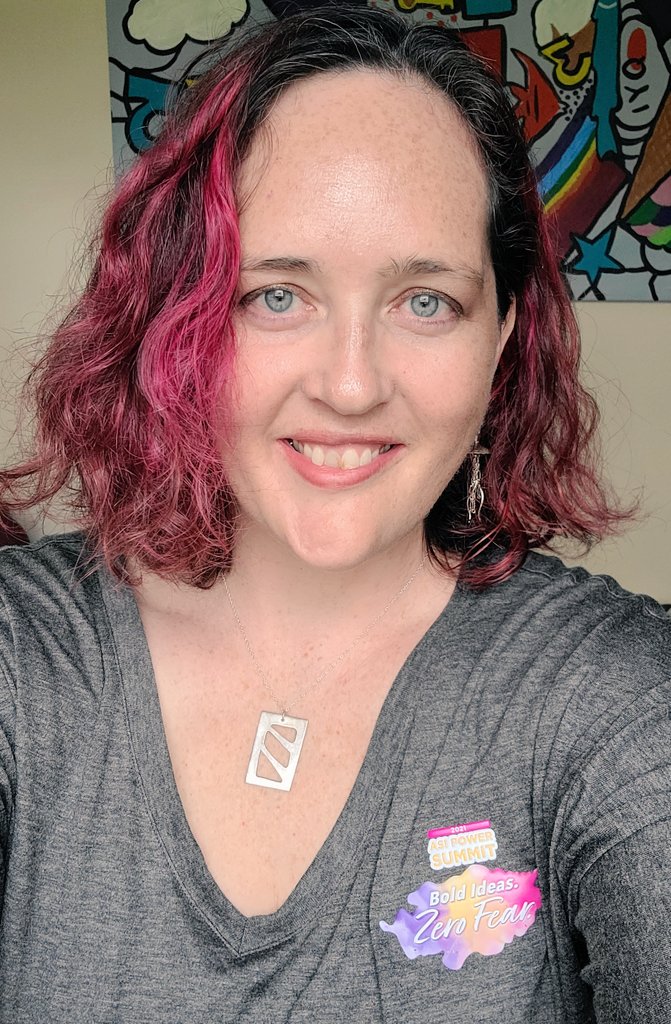
Theresa Hegel
Executive Editor of Digital Content, ASI Media
Hegel has been a writer and editor for ASI Media for more than eight years, covering technology, apparel, business strategy and more. Prior to joining ASI, she was a journalist at several daily newspapers – writing about everything from a Father’s Day standoff with police to a bedbug-sniffing super dog. During her journalism career, she’s won dozens of regional and national awards, including a 2021 Jesse H. Neal Award for Best Range of Work By a Single Author.
Why is sustainability important for the promotional products industry?
“Consumers expect brands to have a plan for making their operations more earth-friendly, and that includes marketing efforts. If the promo industry isn’t at the forefront of this movement, offering sustainable swag solutions, we’re in danger of being shut out from the conversation completely.”
What does sustainability mean to you?
“It’s about having an awareness and concern for how our actions affect other people and the earth as a whole – and making positive changes, even if they’re only one small step at a time, to improve the situation. I like to think of the campsite rule: to leave things in a better condition than you found them.”

